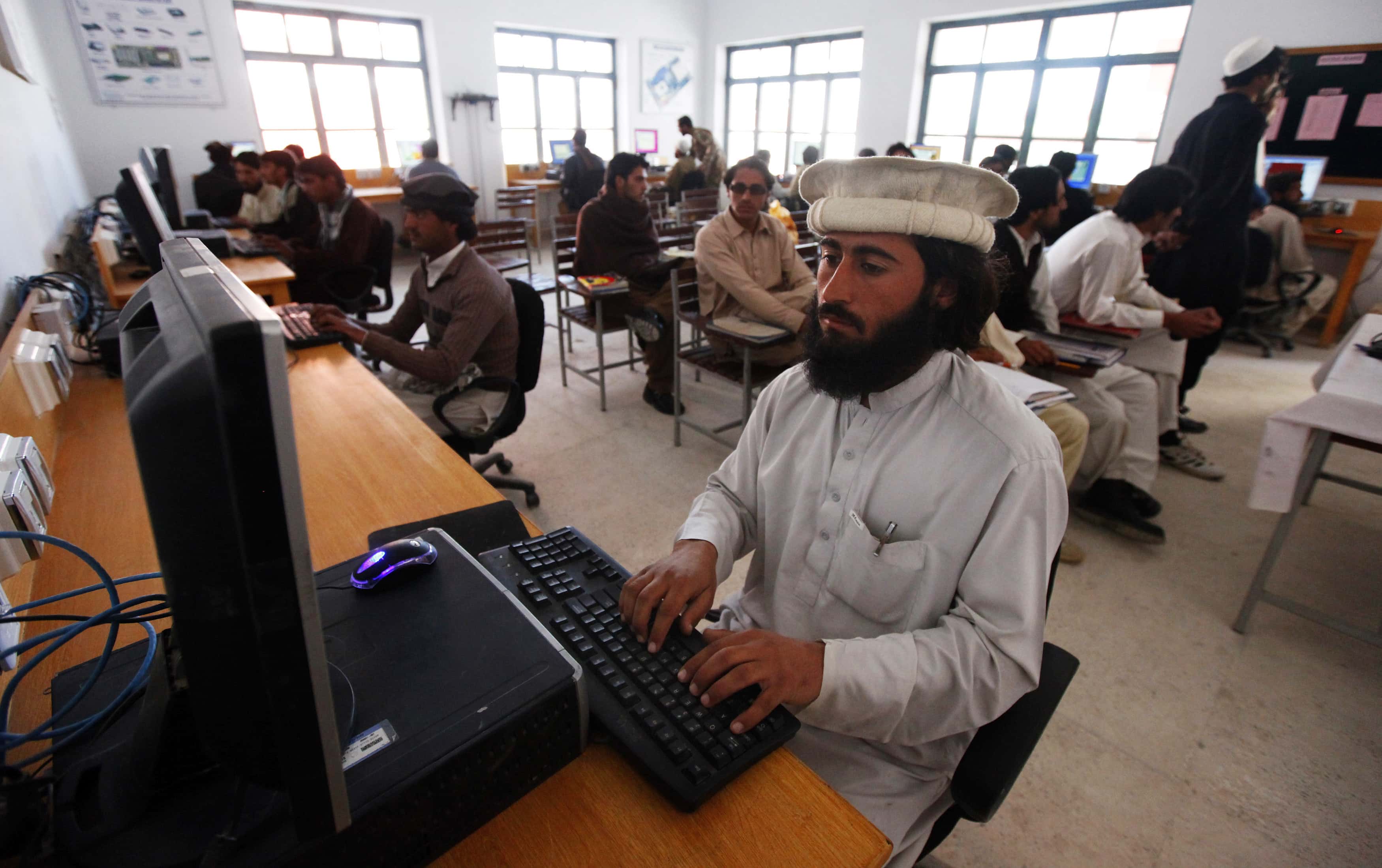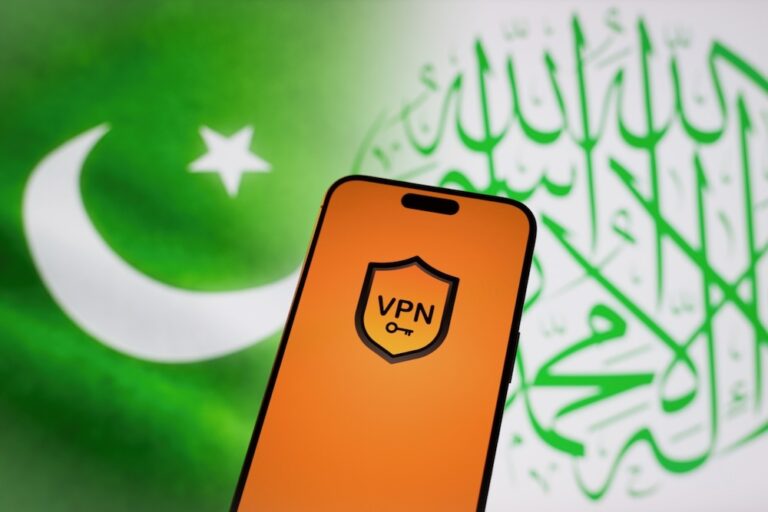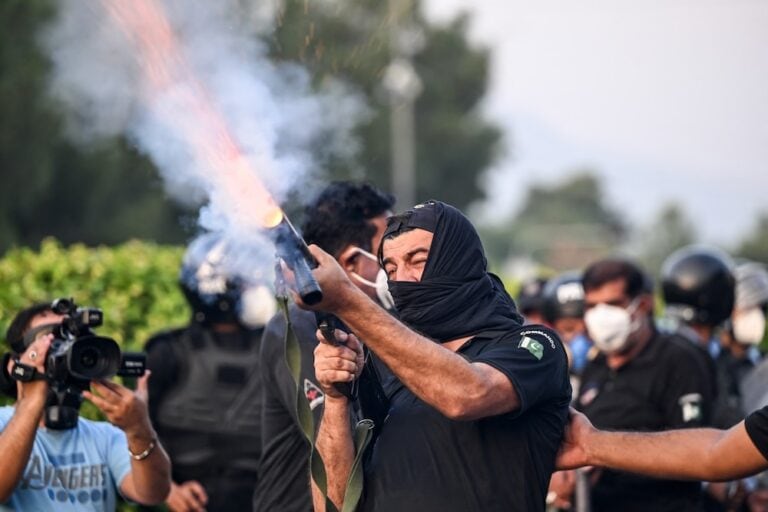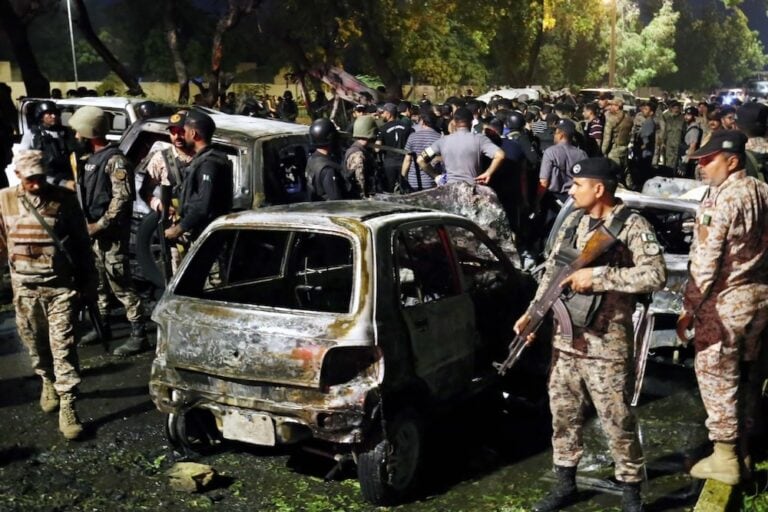A new Bytes for All research study shows that Pakistani authorities are blocking online expression of religious minorities, while banned organisations continue to enjoy impunity.
This statement was originally published on content.bytesforall.pk on 2 November 2015.
A deep-rooted culture of impunity, life threatening environment for online religious expression, conflicting constitutional provisions and governance practices are the key findings of a new research report launched by Bytes for All (B4A), Pakistan.
The new research study ‘Debating Faith in Cyberspace: Offline Consequences of Online religious expression in Pakistan‘ shows that Pakistani authorities are blocking online expression of religious minorities, while banned organizations continue to enjoy impunity. Banned organizations have been openly threatening religious minorities online, already persecuted in the country in full view of Pakistani authorities.
Shia and Ahmadiyya communities are among those who have been facing persecution at the hands of state and non-state actors. Around 4,389 Shi’ites were killed from 2011 to 2015 with a large number of targeted attacks on Ahmadiyya community.
The report demands that the authorities should immediately attempt to create an enabling environment for minority communities to restore their right to freedom of expression and religion (FoER) – something towards which they have shown active reluctance.
The research explores different aspects of online religious expression in Pakistan, including existing legal frameworks both at domestic and international levels and also mentions constitutional anomalies.
“Asian Civil Society got together in Jakarta in June 2015 and came up with a set of recommendations for various stakeholders, called the Jakarta Recommendations. We urge authorities in Pakistan and elsewhere in the region to implement these recommendations,” said Shahzad Ahmad, Country Director of Bytes for All, Pakistan.
The report further calls upon the state to make sure that the laws in place adhere to the international standards set in the Universal Declaration of Human Rights (UDHR), International Covenant on Civil and Political Rights (ICCPR), and other UN Human Rights instruments.
Recommendations for media and civil society include capacity building of journalists to understand various forms of hate speech, utilization of journalist unions to network and mobilize on how to address threats against religious minorities including bloggers who are vulnerable. Civil society is urged to document violations regularly and alert national and international actors tasked with upholding fundamental human rights.



